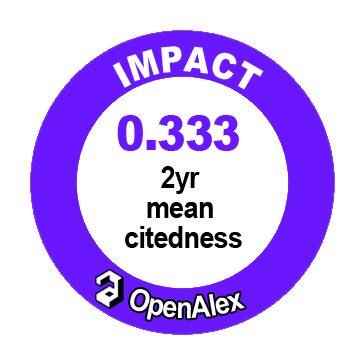Theoretical Framework and Measurement Scale for Sustainable Tourism Development in the Mekong Delta Region, Vietnam
DOI:
https://doi.org/10.55220/25766759.422Keywords:
Exploratory factor analysis (EFA), Service quality, Sustainable tourism development.Abstract
This study focuses on developing and validating a measurement scale to assess the factors influencing sustainable tourism development, with Long An province as a case study. Based on theoretical foundations and data collected through qualitative discussions with ten experts and a quantitative survey of 500 tourists, the study identifies six key factors: tourism resources, tourism infrastructure, tourism types, regulatory policies, community participation, and tourism demand. Exploratory Factor Analysis (EFA) reveals a total variance explained of 84.967%, confirming high convergent and discriminant validity of the factors. The measurement scales achieve a Cronbach’s Alpha coefficient exceeding 0.9, ensuring reliability and internal consistency. This study contributes to the theoretical understanding of sustainable tourism development by providing a comprehensive framework for future research. Additionally, the developed measurement scales serve as a valuable reference for researchers and practitioners seeking to enhance tourism competitiveness in diverse contexts beyond the study’s focal area. The research findings offer essential scientific tools to support strategic planners and tourism enterprises in formulating effective development strategies, thereby strengthening the theoretical foundation of sustainable tourism while providing practical insights to improve the competitiveness and sustainability of tourist destinations.





